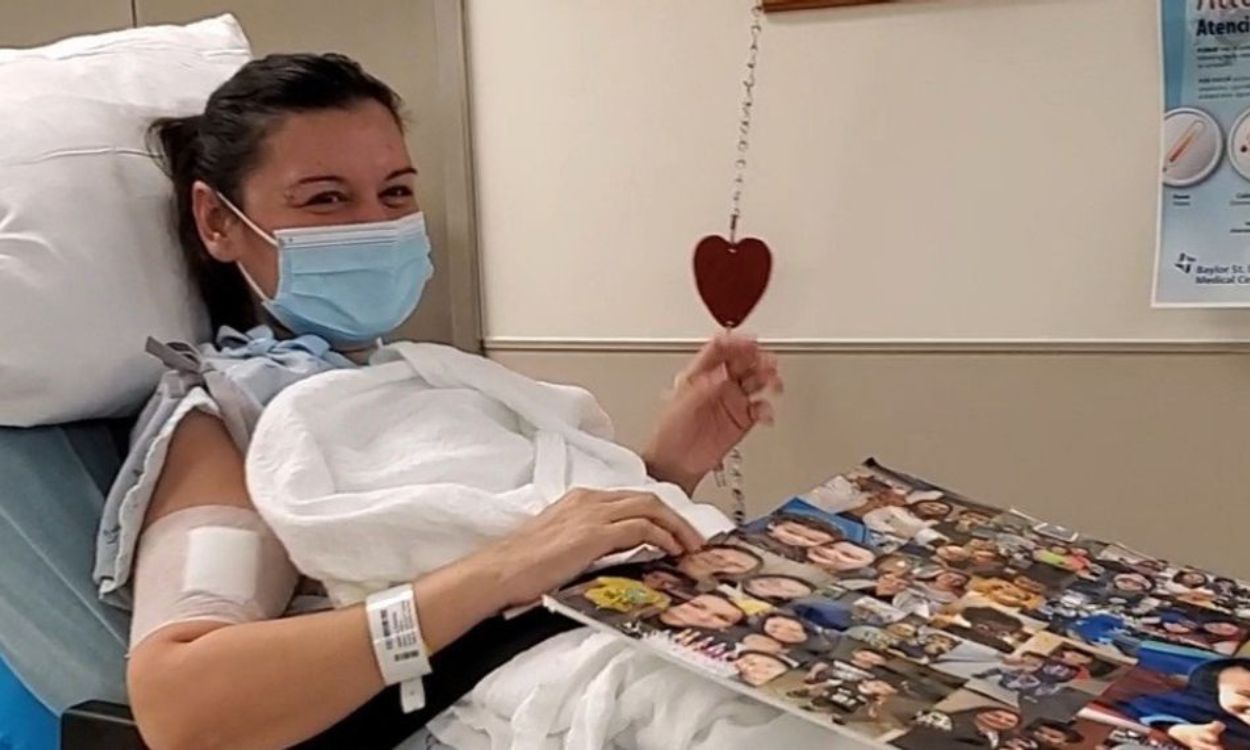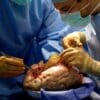Breathing New Life: Understanding the Recovery Process After Lung Transplantation in India
The Journey to Recovery After Lung Transplantation
Lung transplantation can be a life-saving procedure for individuals with severe lung conditions. However, it’s crucial to understand that the journey doesn’t end with the surgery. The recovery process is a critical phase that requires careful management and a comprehensive understanding to ensure the new lungs function optimally and the recipient regains a good quality of life.
1. Immediate Post-Surgery Care
After a lung transplant, patients are typically monitored in the intensive care unit (ICU) for several days. Here, medical professionals closely observe the patient for any signs of complications such as infection, bleeding, or rejection of the new organ. Patients may be on a ventilator to help them breathe initially, as the body adjusts to the new lungs.
2. Hospital Stay and Initial Recovery
The average hospital stay following a lung transplant can range from two to three weeks. During this period, patients undergo regular tests to monitor lung function and identify any potential issues early on. Physiotherapy begins almost immediately to help restore muscle strength and improve breathing techniques.
3. Rehabilitation and Pulmonary Therapy
Once discharged from the hospital, the focus shifts to rehabilitation. Pulmonary rehabilitation is a tailored program designed to improve lung performance, increase physical activity, and enhance overall well-being. It includes exercises, nutritional guidance, and lifestyle recommendations crucial for recovery.
4. Medication Regimen
A significant aspect of post-transplant care is the lifelong commitment to medications, primarily immunosuppressants. These drugs prevent the body’s immune system from rejecting the new lungs. Regular follow-ups to adjust medication doses are essential as these can have side effects, including increased risk of infections and other complications.
5. Lifestyle Adjustments
Patients need to make lifestyle changes to protect their new lungs and improve their overall health. This includes avoiding smoking, staying away from air pollutants, and adhering to a balanced diet. Regular exercise, as advised by healthcare professionals, is crucial to maintain lung health and overall fitness.
6. Emotional and Psychological Support
The psychological aspect of recovery must not be overlooked. Coping with the stress and anxiety of major surgery and adapting to a new lifestyle can be challenging. Support groups, counseling, and mental health services can be invaluable in aiding recovery and ensuring a positive outlook.
Fitpaa: Your Companion in Health and Recovery
While recovery from a lung transplant is a significant journey, the role of technology and personalized health management tools cannot be overstated. Fitpaa, an AI-driven health and fitness app, is designed to support individuals in their quest for a healthier lifestyle, making it an ideal companion post-transplant.
1. Personalized Health Plans
Fitpaa offers personalized health and fitness plans based on a comprehensive assessment of your metabolism, health goals, and lifestyle. This customization ensures that your unique needs are met, aiding in a more efficient recovery.
2. Real-time Guidance and Monitoring
With Fitpaa’s real-time monitoring, you receive timely reminders and advice to stay on track with your health regimen. This feature can be particularly beneficial in ensuring you adhere to postoperative care guidelines, including medication schedules and dietary recommendations.
3. Expert Support at Your Fingertips
The Fitpaa team, including nutritionists, fitness coaches, and medical specialists, is available to guide you through your health journey. With unlimited consultations and regular follow-ups, you’ll have the support you need to navigate post-transplant challenges.
4. Encouraging a Healthy Lifestyle
Fitpaa doesn’t just stop at recovery; it motivates you to maintain a lifestyle conducive to long-term health. By focusing on habit-building and lifestyle modifications, Fitpaa ensures that you continue to thrive well beyond the recovery phase.
5. Experience Fitpaa Today
To embark on a successful recovery journey with the support of cutting-edge technology and a dedicated health team, download the Fitpaa app today. Transform your approach to health and fitness with our guaranteed results. With Fitpaa, you’re not just recovering; you’re thriving.
In conclusion, the recovery process after lung transplantation is multifaceted and requires a robust support system. By integrating modern technology like Fitpaa into your recovery plan, you can optimize your health outcomes and embrace a healthier future.











